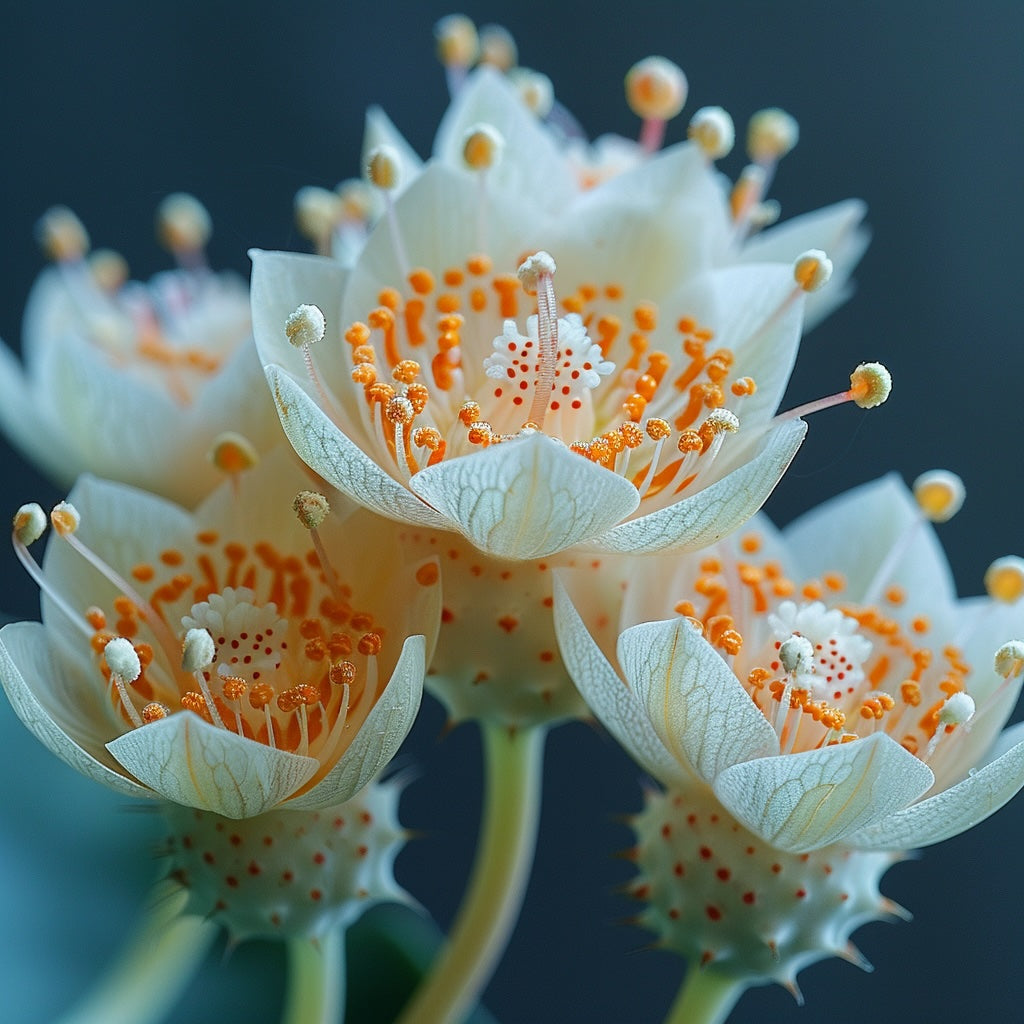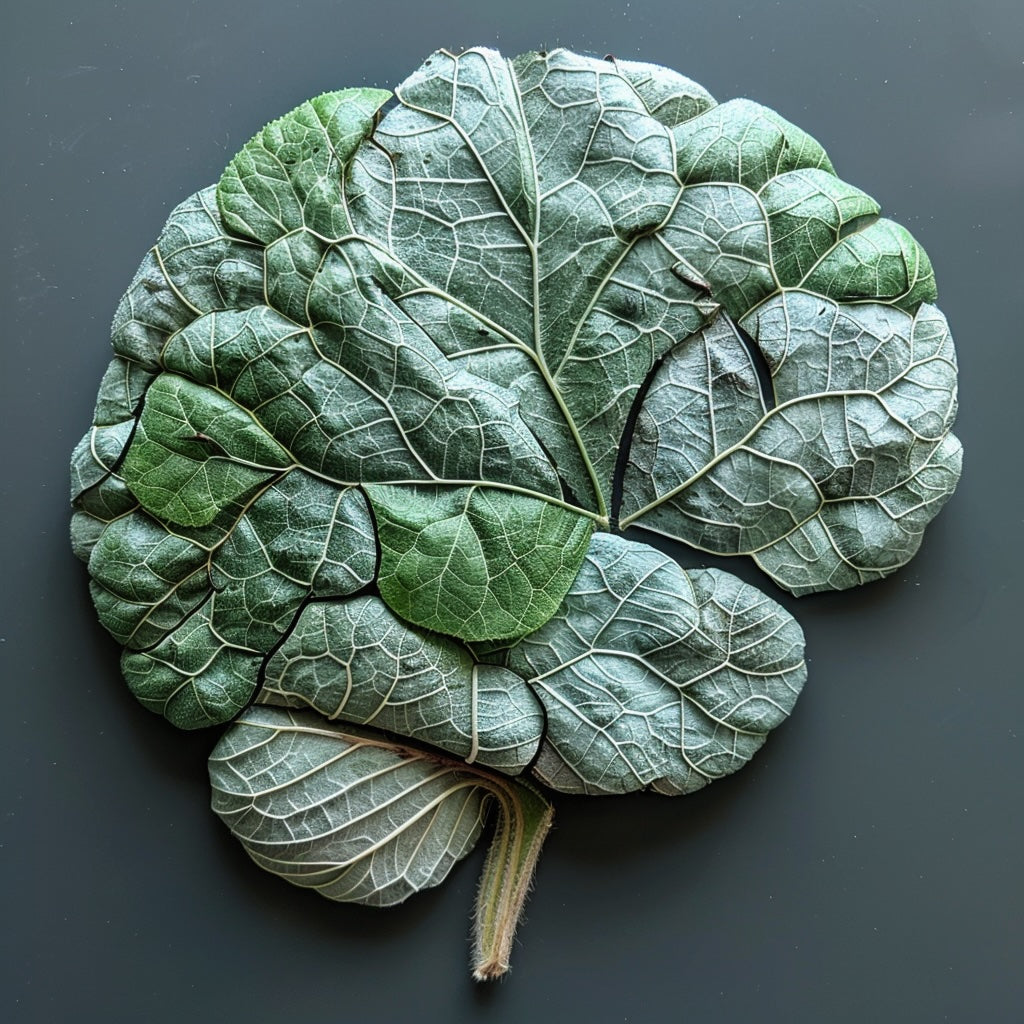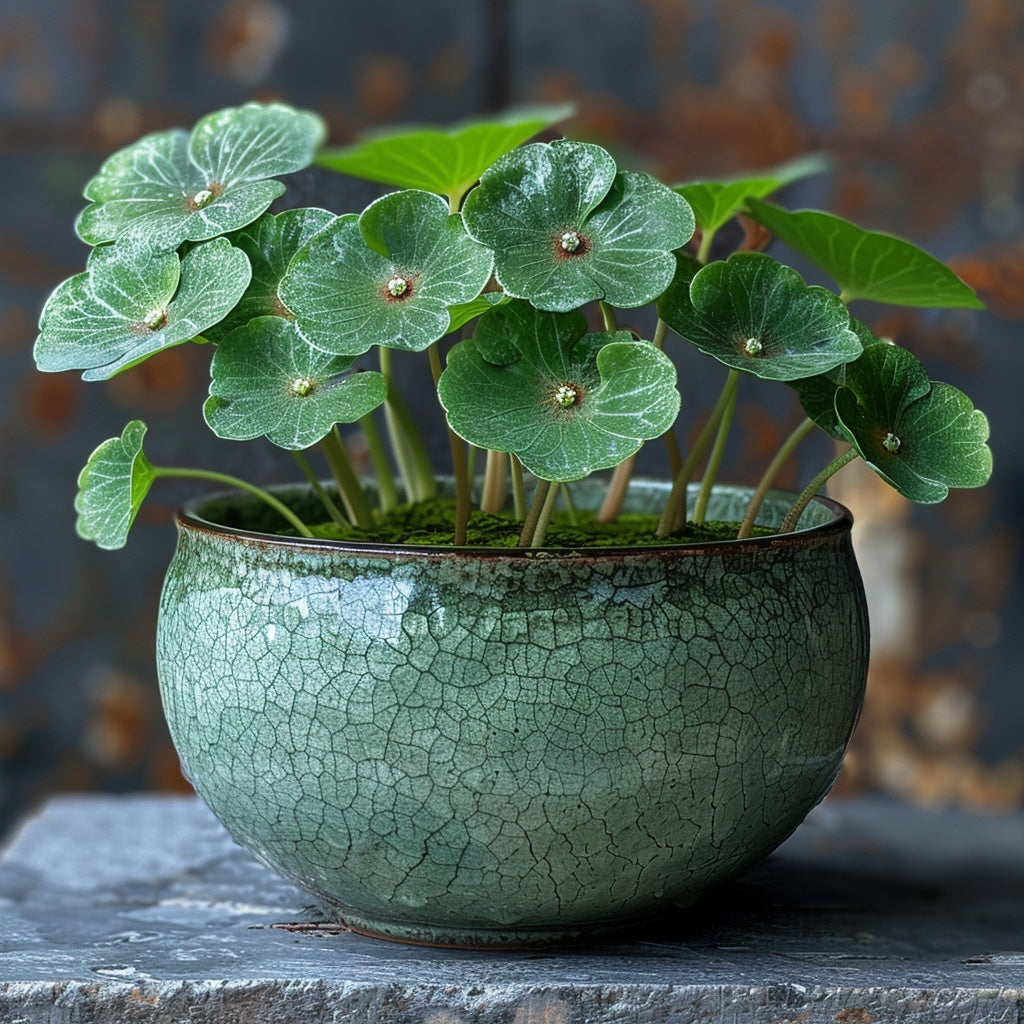Kanna, scientifically known as Sceletium tortuosum, is a succulent plant native to South Africa, where it has been used for centuries by indigenous peoples for its mood-enhancing properties. The history of Kanna is rich with cultural significance, traditionally chewed by hunters and gatherers of the Khoisan for its potential ability to stave off hunger, play a role on stress, and promote mood during long expeditions.* Today, Kanna has captured the interest of the global community, embraced in supplement form for its potential to support emotional well-being and mental health.*

Historical Roots of Kanna
The use of Kanna dates back to prehistoric times, with the Khoisan people of South Africa utilizing the herb for its psychoactive properties. They valued Kanna for its ability to alleviate fear and stress, promoting a sense of connection and well-being. The herb was traditionally prepared by fermenting the plant material, which was then chewed, smoked, or used as a snuff. European colonists later documented its use, noting Kanna's significance in the social and ceremonial practices of indigenous tribes.
The Emergence of Kanna Supplements
In the contemporary wellness landscape, Kanna is available as a dietary supplement, commonly found in capsules, tablets, and powder forms. These supplements are sometimes use for their potential to promote mood, play a role on anxiety, and support cognitive function.* The active compounds in Kanna, including mesembrine, mesembrenone, and mesembrenol, are thought to contribute to its holistic effects by interacting with the brain's serotonin receptors.

Kanna and Mental Well-being
Kanna supplements have gained popularity for their potential to support emotional balance and mental clarity. Users often report a calming effect, with the herb being explored as a natural option for managing stress and anxiety. Beyond its mood-supporting benefits, Kanna is also being studied for its potential to promote cognitive function and foster a sense of mental focus and motivation.*

Other Fascinating Facts About Kanna
- A Rich Ethnobotanical History: Kanna's use by the Khoisan people highlights its importance in traditional medicine and cultural practices, underscoring the rich ethnobotanical heritage of South Africa.
- Research and Potential Uses: Scientific interest in Kanna is growing, with research exploring its potential applications in mental health, including studies on its effects on anxiety, depression, and cognitive enhancement.
Kanna's journey from an ancient herb used by indigenous peoples to a modern dietary supplement reflects its enduring appeal and potential benefits. As interest in natural remedies for mental health continues to grow, Kanna stands out for its unique history and promising applications in supporting emotional well-being and cognitive function.* With ongoing research and a growing body of anecdotal evidence, Kanna may offer a natural complement to conventional approaches to mental health and wellness. You might also be interested to read about another herb that may be involved with cognition: Gotu Kola. You may also want to read about Panax Ginseng, and Phosphatidylserine.
As always, talk to your doctor before taking any supplements. Get professional advice if you think you might need any kanna supplement or are already taking one to ensure you're not exceeding the amounts you may need.














































